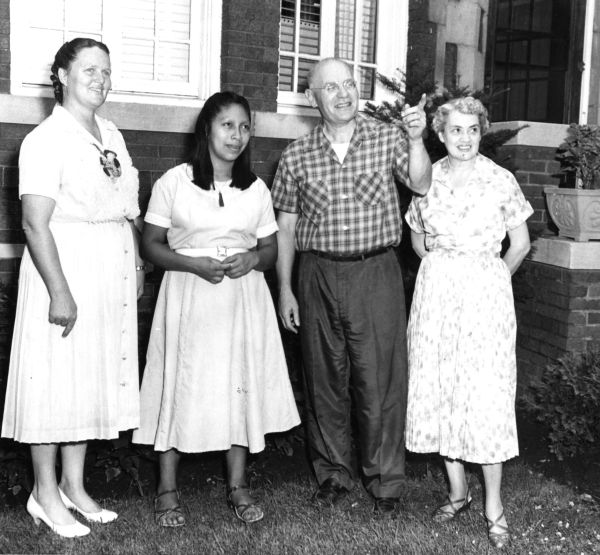 I love the church. And the older I get, the more I value it. That affection is longstanding because I loved the church even as a child.
I love the church. And the older I get, the more I value it. That affection is longstanding because I loved the church even as a child.
I grew up in Omaha, Nebraska, where my family had founded what became a large congregation. I was as at home in that church as I was in the house where I lived. The people there were like family. I was shaped by their stories and views of God.
My devotion to the church is deep and irrevocable. My soul rejoices when the whole family of God comes together to glorify our Lord—to “put God on display,” as J.I. Packer stated in this year’s commencement address. But there is another side to my view of the church. I am concerned, even frustrated, by some of what we do to each other in the name of church life—such as separating people by age, even during worship. Quoting Packer again, this happens because we are “pygmies and invalids” when it comes to seeing God’s greatness and holiness. We fall short of God’s desire and are unaware how truly broken we are as we exchange our biblical identity for cultural relevancy.
Some evangelical churches segregate church life and systematize ministries in ways that now seem normative, virtually eliminating the need for careful biblical critique. Does Scripture say anything about how God’s people should gather? If so, is it relevant for today? I wonder if in our desire to be “developmentally appropriate;” we evangelicals miss some of our Father’s intent for us, His church. Because I teach courses concerning church ministries, I’m able to focus on these issues.
Two years ago the department in which I teach changed its name from Christian Education and Ministry to Christian Formation and Ministry. The more I reflect on this change, the more significant it becomes. The word educate comes with expectations familiar to most: classroom, teacher, students, content. The word formation is different—less familiar, fewer assumptions. It requires pro ass in shaping product. It’s more like “May Christ be formed in you” (Gal. 4:19) rather than “Let me teach you about God.” I’m challenged to alter courses in light of this change.
I must read Scripture with formation in mind—my own, first of all, and then that of others. The opening verses of 1 John excite me. As Eugene Peterson translates them,”… [We] heard it with our own ears, saw it with our own eyes, verified it with our own hands. The Word of Life appeared right before our eyes; we saw it happen! …We saw it, we heard it, and now we’re telling you so you can experience it along with us, this experience of communion with the Father and his Son, Jesus Christ.” Our faith has a sensory dimension—one that can be experienced.
This calls for encounters with the living God. Is that a formational task or an educational one or both? In what ways can the ministries of the local church enable encounters with God through the Holy Spirit? Where do North American churches look for ministry models? Are there principles in Scripture that we overlook or disregard that we should recover, so our faith may be passed on more effectively to the next generation? Because I too am a pygmy and invalid, I humbly acknowledge my need for our Lord’s grace and mercy as I explore ways in which formation happens.
———-
Scottie May has been an Assistant Professor in the Department of Christian Formation and Ministry since 1998. She has a doctorate in education from Trinity Evangelical Divinity School. Her primary research focuses on how children come to faith. Other areas of interest are the effectiveness of ministry learning environments, ways children encounter God, intergenerational worship, and the church as “the family of God.” Scottie has three children and six grandchildren. She and her husband, Robert, live in West Chicago, Illinois. (The above statement was included at the time of publication — Wheaton Magazine, Summer 2001).
